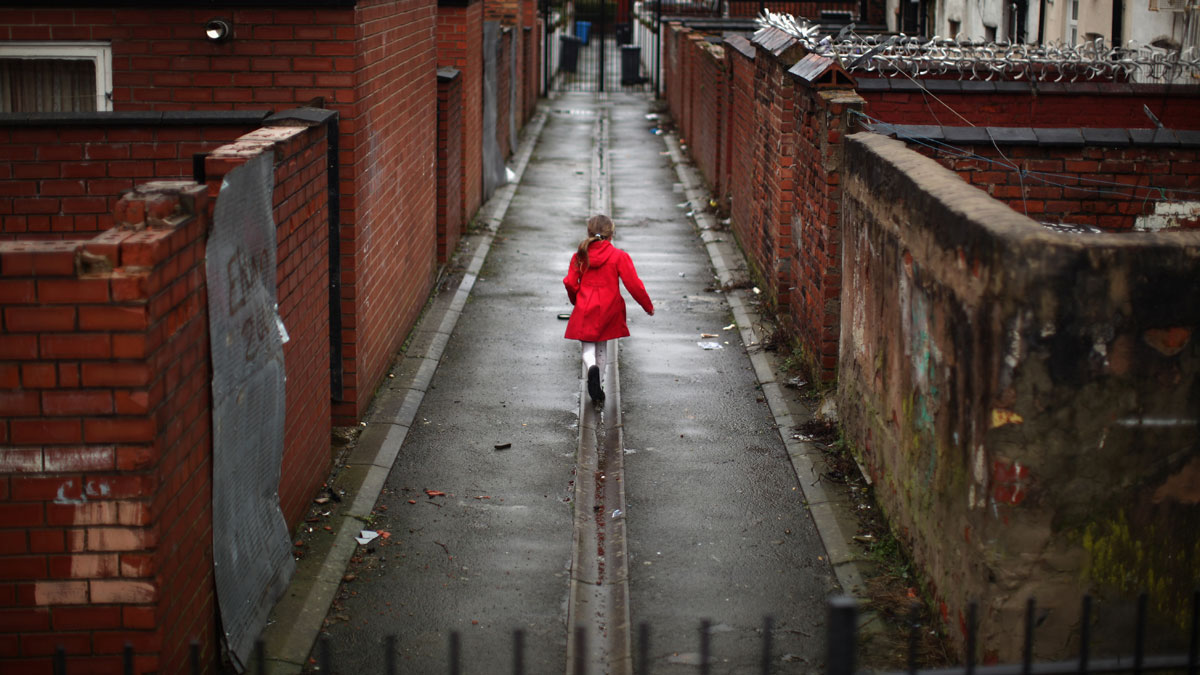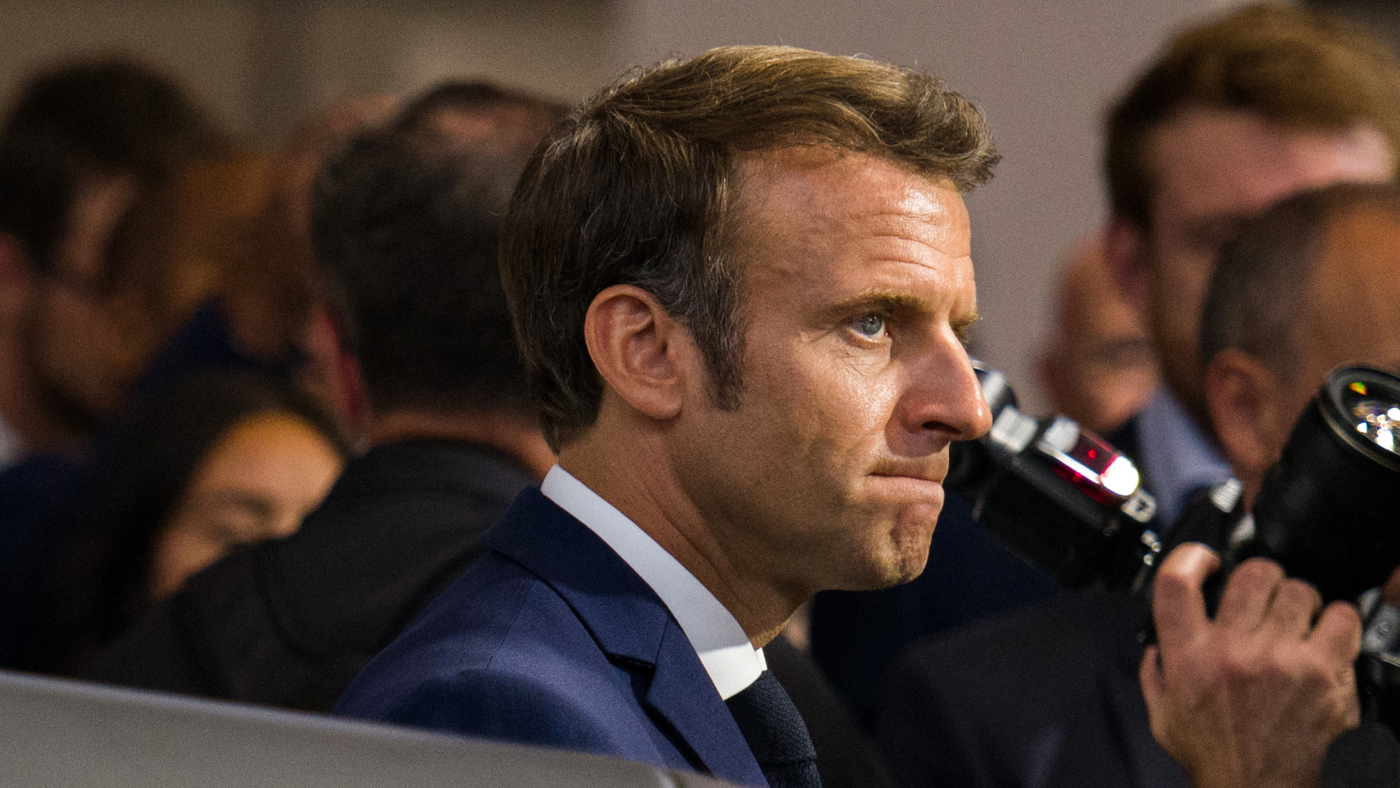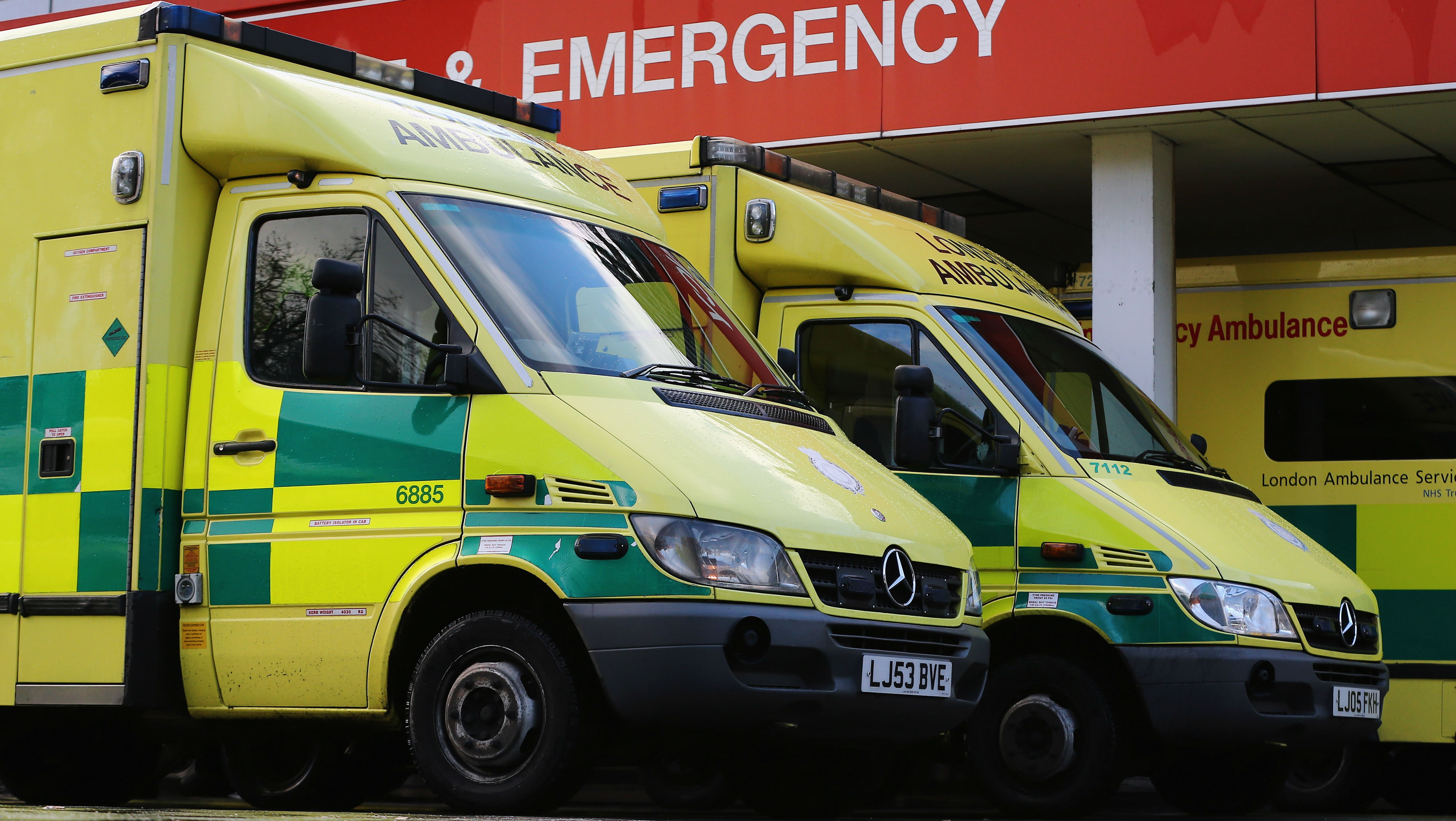Childline receives record number of calls about gender issues
Charity counsels 2,700 children in 2015/16, more than double the number of the previous year

A free daily email with the biggest news stories of the day – and the best features from TheWeek.com
You are now subscribed
Your newsletter sign-up was successful
The number of children calling Childline about transgender issues and gender unhappiness reached a new high this year.
A report from the NSPCC charity, which runs the helpline, revealed it held 2,796 counselling sessions in 2015/16, equivalent to eight calls a day, some with children as young as 11 who felt their biological sex was wrong.
It is a dramatic increase in numbers. When the service began recording figures in 2012/13, there were 1,102 sessions on trans and gender dysphoria issues while for 2014/15, the figure rose to 1,299.
The Week
Escape your echo chamber. Get the facts behind the news, plus analysis from multiple perspectives.

Sign up for The Week's Free Newsletters
From our morning news briefing to a weekly Good News Newsletter, get the best of The Week delivered directly to your inbox.
From our morning news briefing to a weekly Good News Newsletter, get the best of The Week delivered directly to your inbox.
"I don't think we can be clear in why there is a big increase in the number of calls. I think we're slowly trying to talk more openly about trans issues," said Emily Cherry, the head of children and young people participation at the NSPCC.
The confidential service does not keep records on the number of individual children and teenagers who make contact, but says it is probable some have called several times throughout the year.
Callers frequently discussed suicidal thoughts, self-harming or mental health issues, often stemming from abuse, bullying and a lack of support, says Childline.
Cherry said: "We're hearing about a huge amount of anxiety about talking to trusted adults about transitioning. One thing we give them is confidence and help with finding the words to talk to parents."
A free daily email with the biggest news stories of the day – and the best features from TheWeek.com
One 16-year-old boy who identified as a girl told counsellors: "I hate my body and feel hopeless and frustrated by mental health services. It's really difficult to talk to my parents as they just don't understand. I can't cope with another year like this one."
NSPCC chief executive Peter Wanless says it is "vital" that adults support young people as they navigate "confusing and complex feelings".
He added: "We cannot call ourselves a modern society if we stigmatise children just because they feel different."
The latest figures mirror increases in the number of referrals of young people to gender identity clinics across the UK, says The Guardian.
In July, the newspaper reported that referrals to the Tavistock clinic, the only centre for children and adolescents in England, doubled from 697 in 2014/15 to 1,398 in 2015/16.
-
 The environmental cost of GLP-1s
The environmental cost of GLP-1sThe explainer Producing the drugs is a dirty process
-
 Greenland’s capital becomes ground zero for the country’s diplomatic straits
Greenland’s capital becomes ground zero for the country’s diplomatic straitsIN THE SPOTLIGHT A flurry of new consular activity in Nuuk shows how important Greenland has become to Europeans’ anxiety about American imperialism
-
 ‘This is something that happens all too often’
‘This is something that happens all too often’Instant Opinion Opinion, comment and editorials of the day
-
 ‘Irony’ as Zoom calls staff back to office
‘Irony’ as Zoom calls staff back to officefeature And other stories from the stranger side of life
-
 The Week Unwrapped: Trans sport, fragrant friends and lost data
The Week Unwrapped: Trans sport, fragrant friends and lost datapodcast Can women’s sport be both fair and inclusive? Do we choose friends based on how they smell? And is Big Data putting us at risk of big losses?
-
 ‘France looks more ungovernable than ever’
‘France looks more ungovernable than ever’Instant Opinion Your digest of analysis from the British and international press
-
 The Week Unwrapped: SIDS, Tasers and Alabaman rights
The Week Unwrapped: SIDS, Tasers and Alabaman rightspodcast Are we closer to understanding sudden infant death syndrome? Has a Trump-appointed judge given hope to trans Americans? And do too many British police have Tasers?
-
 Home Office worker accused of spiking mistress’s drink with abortion drug
Home Office worker accused of spiking mistress’s drink with abortion drugSpeed Read Darren Burke had failed to convince his girlfriend to terminate pregnancy
-
 In hock to Moscow: exploring Germany’s woeful energy policy
In hock to Moscow: exploring Germany’s woeful energy policySpeed Read Don’t expect Berlin to wean itself off Russian gas any time soon
-
 Were Covid restrictions dropped too soon?
Were Covid restrictions dropped too soon?Speed Read ‘Living with Covid’ is already proving problematic – just look at the travel chaos this week
-
 Inclusive Britain: a new strategy for tackling racism in the UK
Inclusive Britain: a new strategy for tackling racism in the UKSpeed Read Government has revealed action plan setting out 74 steps that ministers will take